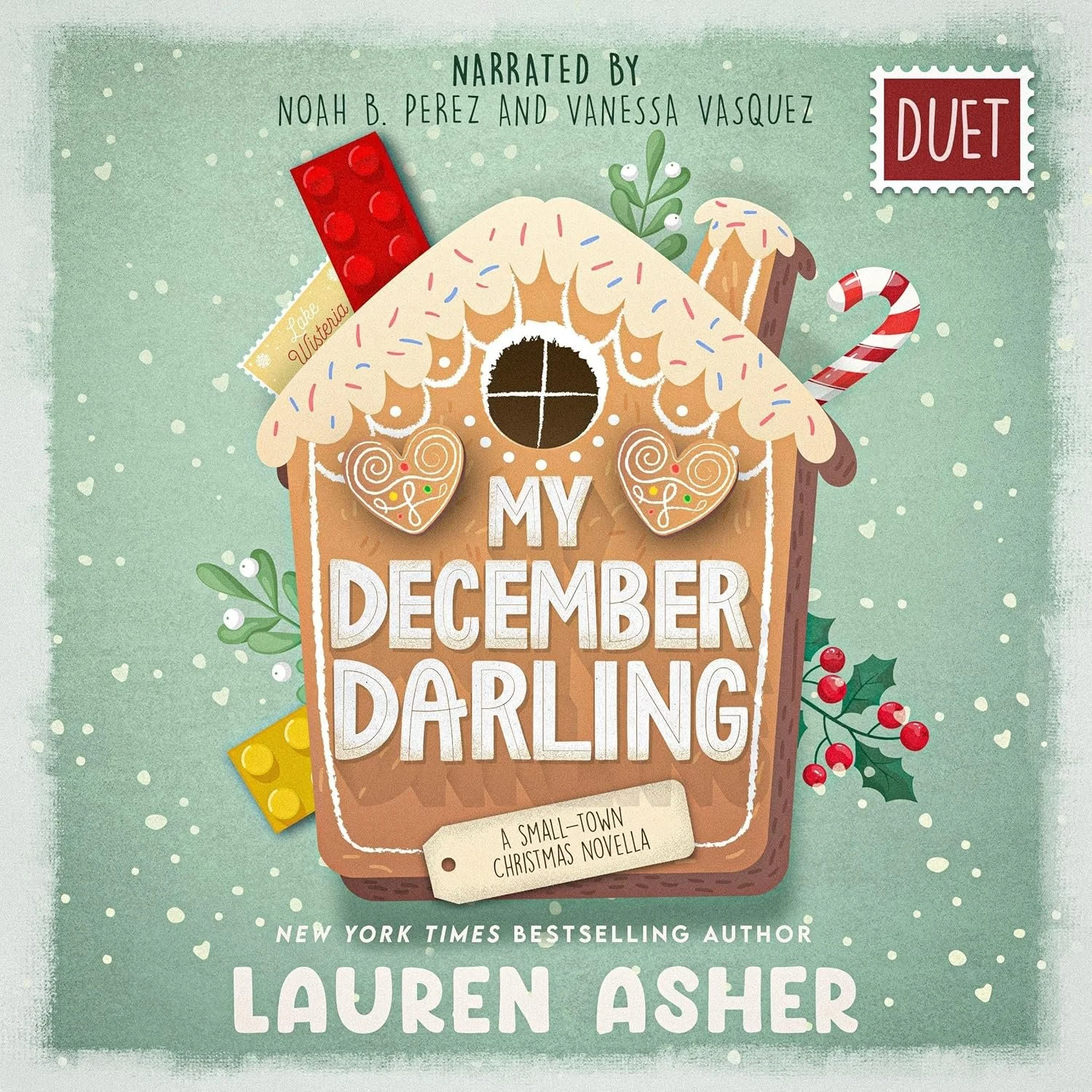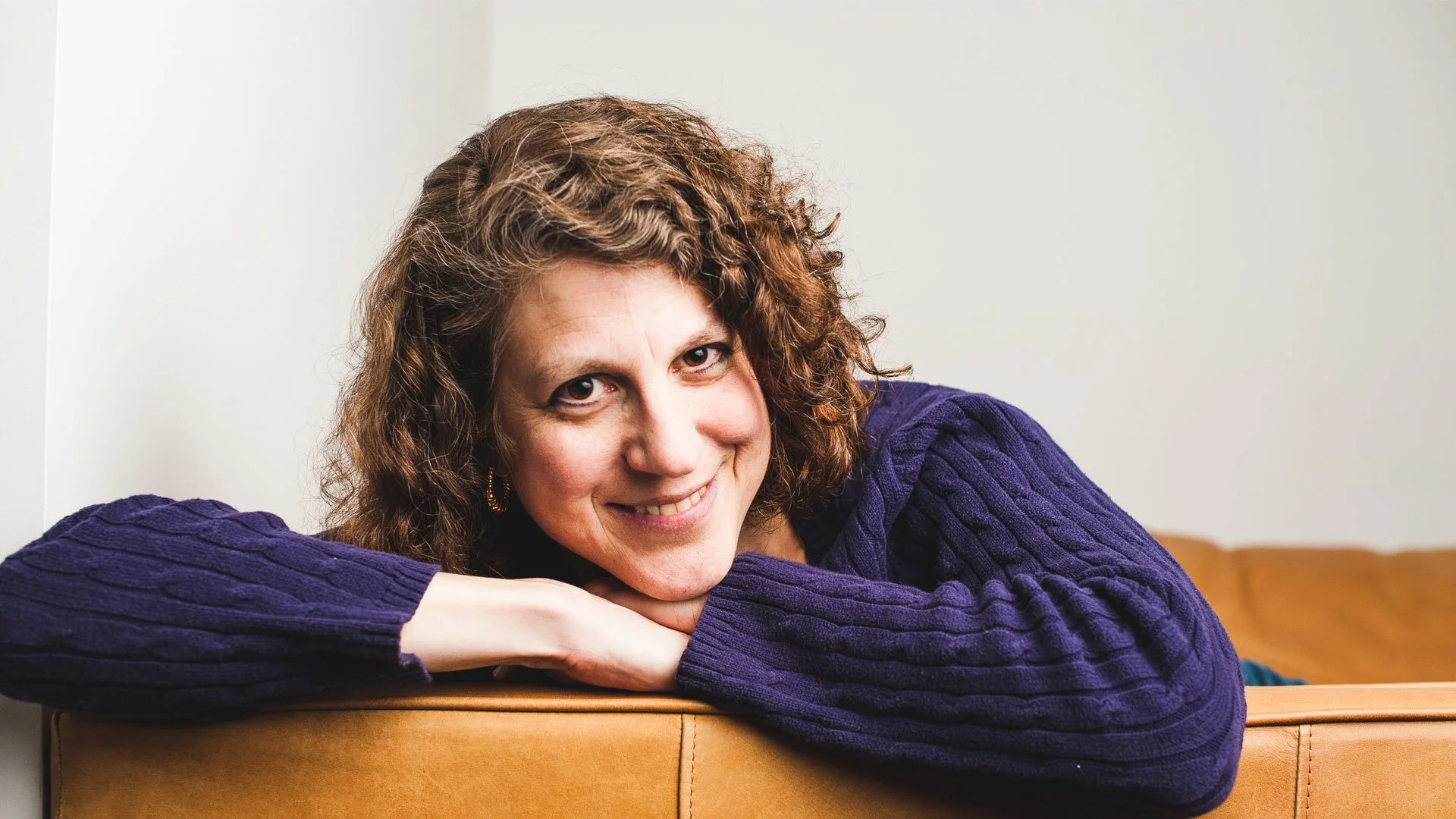Spotlight: Eve Bites Back by Anna Beer
/Warned not to write – and certainly not to bite – these women put pen to paper anyway and wrote themselves into history.
From the fourteenth century through to the present day, women who write have been understood as mad, undisciplined or dangerous. Female writers have always had to find ways to overcome or challenge these beliefs. Some were cautious and discreet, some didn’t give a damn, but all lived complex, eventful and often controversial lives.
Eve Bites Back: An Alternative History of English Literature (releasing November 8th from Oneworld Publications) by Anna Beer places the female contemporaries of Chaucer, Shakespeare and Milton centre stage in the history of literature in English, uncovering stories of dangerous liaisons and daring adventures. From Julian of Norwich, Margery Kempe, Aemilia Lanyer and Anne Bradstreet, to Aphra Behn, Mary Wortley Montagu, Jane Austen and Mary Elizabeth Braddon, these are the women who dared to write.
Excerpt
I started by seeking out a different Bible. I felt I knew more than enough about Eve bringing sin and death into the world (‘she gave me of the tree and I did eat’) and the more punitive bits of the Book of Genesis:
I will greatly multiply thy sorrow and thy conception; in sorrow thou shalt bring forth children; and thy desire shall be to thy husband, and he shall rule over thee.
I was aware of Eve’s successors, the bloodthirsty Old Testament women (think Artemisia Gentileschi’s graphic, disturbing painting of Judith slaying Holofernes) or the sexy New Testament ones (think Dan Brown’s Da Vinci Code’s portrayal of Mary Magdalene, sex worker turned Mrs Jesus). And I thought I knew the redemptive Second Eve, the Virgin Mary.
I was looking for something different, a biblical text written by a woman. So I seized on the Book of Esther, excised by the Church Fathers from the biblical canon. It was a mistake. No one has any idea who actually wrote the book, and, if we are being academic, the concepts of a single author or even a definitive text are both pretty useless when considering the murky, complicated origins and transmission of the texts that make up the Jewish and Christian Scriptures. When an author has been suggested, it has been a man, Mordecai, the ‘main’ character. It might have saved me some time in the remoter corners of biblical scholarship if they had called it the Book of Mordecai.
Looking for Esther the author was a foolish mistake, but thinking about the erasure of women’s lives and words in the far distant past was not. How that erasure was achieved, what was said, done and written then, matters now. When the patriarchs (literally, they were patriarchs) wrote their histories of the early Church, two archetypal women were left standing in the ruins. They would dominate literature in English for the next two millennia: Eve and the Virgin Mary. To be honest, if the two hadn’t existed, then the patriarchy would have had to invent them. Do be Mary. Don’t be Eve.
Eve whose God-given punishment for bringing sin and death into the world was to be placed under Adam’s rule and to experience pain in childbirth. Eve who was responsible for Adam’s sin as well as her own. Eve who gave authority to patriarchal commentators to tell women, over and over again, that their essential nature was vile and disgusting, that any attempt to conceal let alone challenge the fundamental truths of their bodies was fraudulent and blasphemous. Put bluntly, as Tertullian the early Christian Father did: women ‘are Eve’.
Sometimes, though, Eve fights back. She does so in unexpected ways that don’t necessarily fit with our modern ideas of what a woman, let alone a feminist, should do. But simply by putting words together on the page, she takes up battle. And she does so, knowing – in one form or another – every reason why she should not write, and certainly should not bite.
Here are some of them.
Buy on Amazon | Audible | Bookshop.org
About the Author
Anna Beer is a cultural historian and biographer. She is author of Sounds and Sweet Airs: The Forgotten Women of Classical Music and Patriot or Traitor: The Life and Death of Sir Walter Ralegh, as well as biographies of Bess Throckmorton, William Shakespeare and John Milton. She is a Visiting Fellow at Kellogg College, University of Oxford.















































